Narrative Transfer
Sunday 16 June 2013, 2:00pm
Bloc Projects
71 Eyre Lane
Sheffield S1 4RB
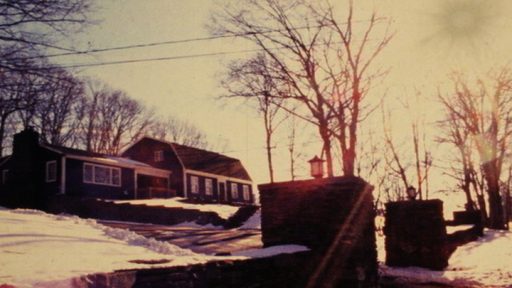
These films portray a range of personal experiences transformed by events, location, and circumstance. Cultural and domestic constraints are exposed via narration as disparate as an interior monologue and a legal document. Anecdotes are recounted alongside unrelated scenes, or described obliquely, with unexpected affinities and surprising emphases.
From the disembodied desire of Abinadi Meza’s Black Box Recorder, to the irreparable relationship implied by a meticulously recited court order in Josh Weissbach’s 106 River Road, there is a pervasive sense of yearning for something impossible. In the quietly comedic dissonance between narrator and horse in Luke Moody’s I Felt Myself Going and the emergent internal desires articulated over Andrea Márquez’s surveillance of a neighbour in El balcón, idiosyncratic anecdotes persistently catalogue ‘normality’. The quest of Maj Hasager’s protagonist for her own voice within collective history in Decembers – narrating history, and Vera Brunner-Sung’s exploration of Heimat in Der tiefe See/The Deep Sea, investigate political history and cultural geography from personal perspectives. The acute disorientation of Ian Nesbitt’s Don presents the effects of being unceremoniously returned to a ‘home’ far from home. Finally, the obsessions of a caretaker in David Jacques’ The Irlam House Bequest see history, ideology and location collide with an academic agenda. – Esther Harris
Selected by Esther Harris, time-based media conservator based in London.
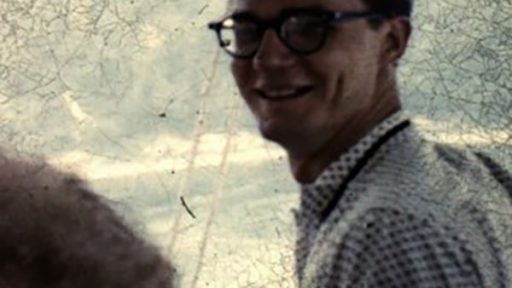
Black Box Recorder | Abinadi Meza | USA 2013 | Video | 2 min 19s
This experimental short was created with archival film footage and computerized text-to-speech processes. It is a brief story as told by a machine – a ‘black box recorder.’ The machine makes a series of observations regarding the capture and storage of things, moments,
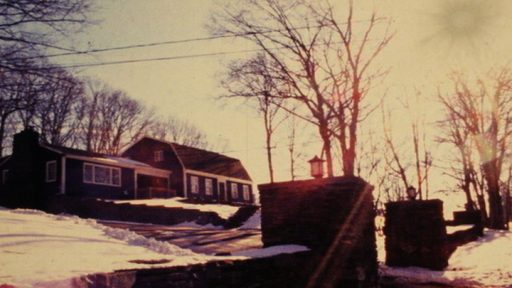
106 River Road | Josh Weissbach | USA 2011 | 16mm to video | 5 min 53s
106 River Road connects the recorded document to the generated artefact, which move together upon a two-way timeline between the literal and the abstract.
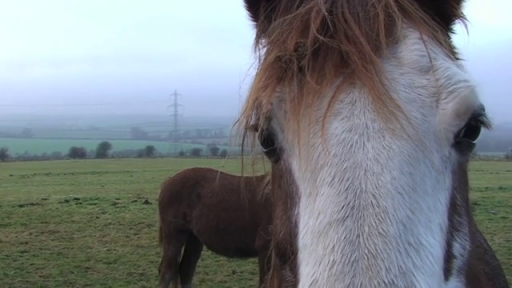
I Felt Myself Going | Luke Moody | UK 2012 | HD | 1 min
“I Felt Myself Going is primarily a work oral history. It isn’t a significant history – just the kind you overhear in a charity shop or on the bus. The strength is in the storytelling and not the event. I’m interested in what happens to this form of skilled banter when it is given a false set of characters – a sequence of unrelated images that can give this small story a cinematic space, a more memorable level of ‘listening in’. There’s a definite element of humour that emerges from the simple ‘sandwich’ editing technique.” – Luke Moody
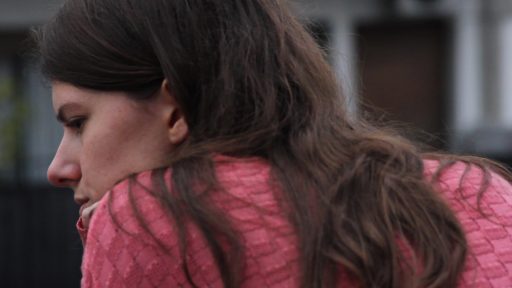
El balcón/ The balcony | Andrea Márquez | Argentina/USA 2012 | HD | 13 min 55s
The balcony is a space of uncertainty between the inner and the outside, an area of contact, of exchange. From there, one sees what happens outside. Buenos Aires appears silent and slow. Text enunciated from an indefinite time details the intimate experience of a desire that is attempting to reveal itself. In the film, this desire aligns itself with images of the city – the remains of small happenings that start over and over, a party, an unknown song, a stranger.
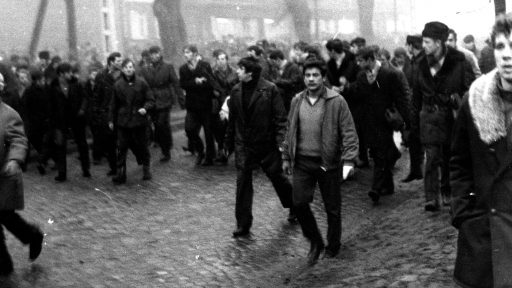
Decembers – narrating history | Maj Hasager | Denmark/Poland 2012 | Video | 14 min
Decembers – narrating history juxtaposes images from an official history from Gdansk, discarded archival material, and a constructed narrative based on true stories told by women. The work centres on two protests that happened in December – one in 1970 and the other in 1981. This film shines a light on the discarded stories of everyday life and emphasizes their role in the fabric of history. It is an attempt to make the private stories of those events more prominent, to complete the official image of history. The film is made of images from the archive of the European Center for Solidarity in Gdansk.
Image: © 2012 Maj Hasager & European Centre for Solidarity, Gdansk
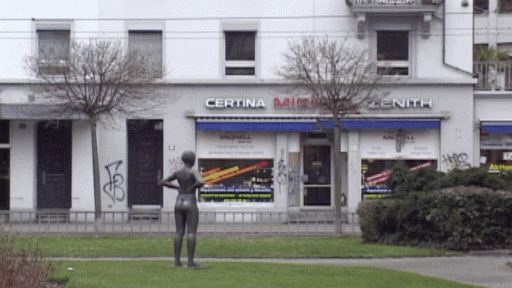
Der tiefe See/The Deep Sea | Vera Brunner-Sung | Switzerland/USA 2012 | Video | 22 min
Der tiefe See/The Deep Sea is a consideration of heimat and cultural identity through the idiosyncrasies of observation, language and memory. Clinical analyses of land and cityscape expose the tension between reality and an impossible ideal. Neutrality breaks into convulsions: a scream at midnight, the evening bells. The man in uniform has work to do.
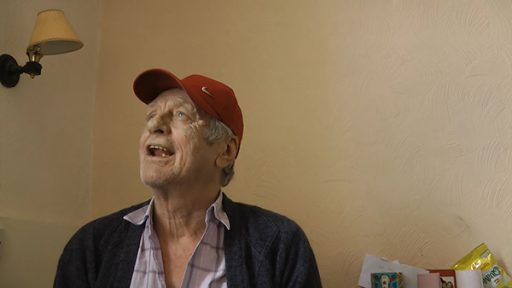
Don | Ian Nesbitt | UK 2013 | HD | 6 min 51s
“Don is a 67 year old man originally from Nottingham. Having travelled and lived all over the world working as a banjo player and gardener for the last 30 years or so, he eventually found his way home in late 2011. When I met him, he was sleeping rough, didn’t know how he’d got back to this country, had almost no short term memory, and no-one would take responsibility for his care.” – Ian Nesbitt
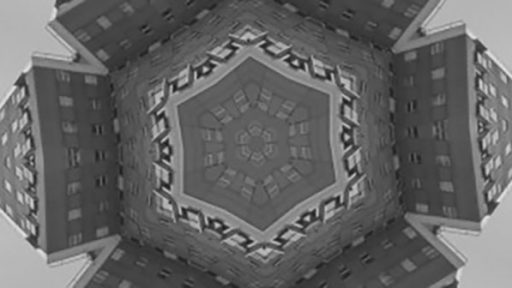
The Irlam House Bequest | David Jacques | UK 2011-13 | HD | 15 min 48s
The Irlam House Bequest emerged from a series of drawings that analysed, mimicked and subverted the Victorian era British Labour Movement iconography favoured by an aspiring Trade Union aristocracy for their ceremonial banners. These drawings are attributed to a fictitious collective, an anonymous politico-cultural entity reflective of Hakim Bey’s T.A.Z. They assume a form that suggests a metaphorical reference to ‘shape-shifting’ myths, in their attempts to deny or pass through recuperation whilst in pursuit of a continual, affective engagement with the radical imagination.